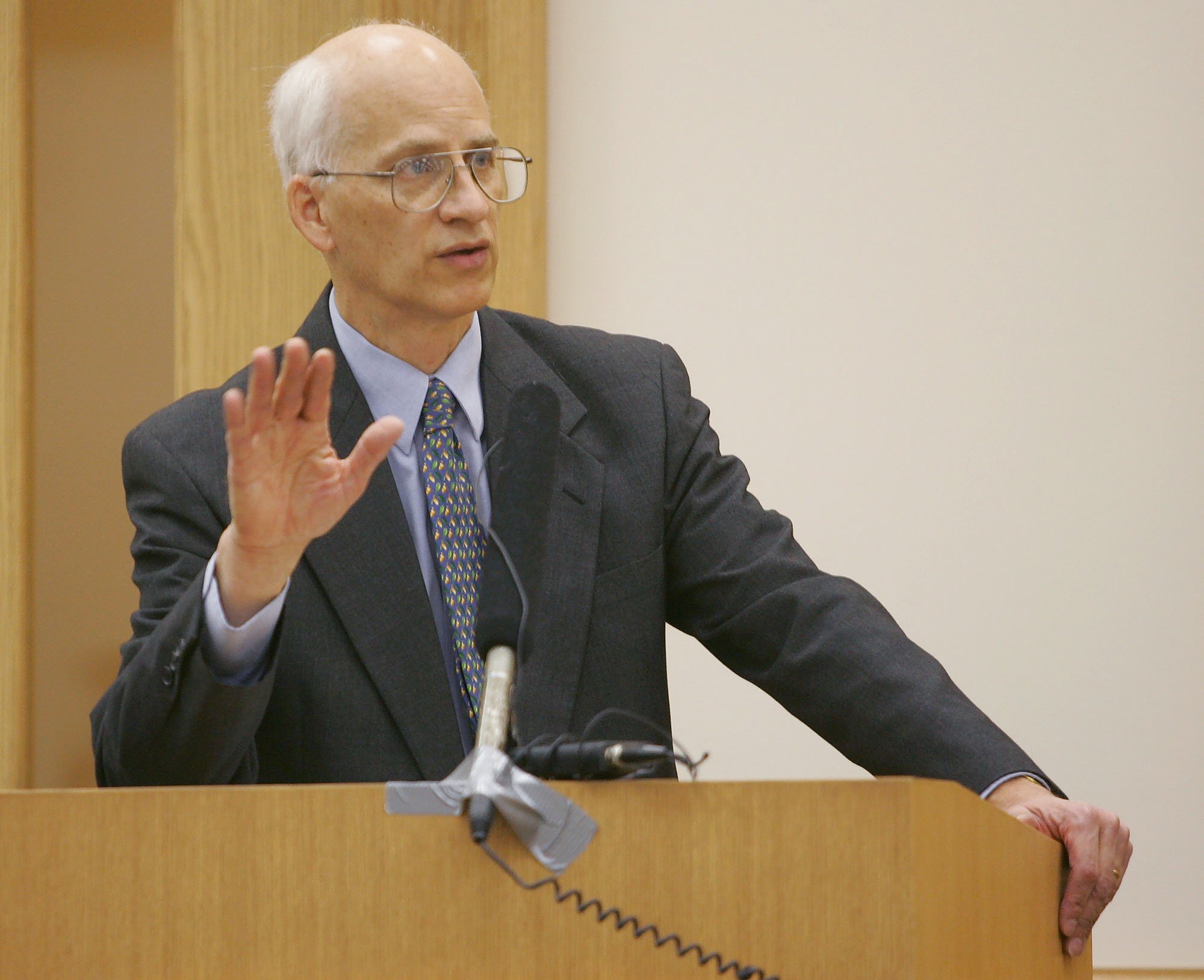Tennessee has lower rate of Medicaid acceptance than neighbor states
Friday, January 1, 1904
AT A GLANCEPercentage of U.S. office-based physicians accepting new Medicaid patients, 2011* Average: 69.4 percent* Tennessee: 61.4 percent (fifth lowest)* Georgia: 67.4 percent (12th lowest)* Alabama: 68.5 percent (16th lowest)Percentage of U.S. office-based physicians accepting patients, by specialty category, 2011* Any new patients: 96.1 percent* Medicaid: 69.4 percent* Medicare: 83 percent* Private insurance: 81.7 percent* Self-pay: 91.7 percentSource: August 2012 Health Affairs journal
Four out of 10 Tennessee doctors say they do not accept new Medicaid patients.
The percentage is lower than the national average of nearly 70 percent and the fifth lowest in the nation, according to a study released this month in the journal Health Affairs.
Nationally, doctors accept Medicare, privately insured and self-paying patients at much higher rates than Medicaid patients, the study found.
The low figure for Medicaid patients puts at issue the capacity of the health care workforce as states consider expanding their Medicaid rolls under federal health care reform, Sandra Decker wrote in the article. Decker is an economist at the National Center for Health Statistics.
Both Georgia and Alabama had more doctors who accept Medicaid, at 67 and 69 percent, respectively.
Kelly Gunderson, spokeswoman for TennCare, Tennessee's Medicaid program, said Tennessee has a "robust" network of TennCare providers adequate for the TennCare population.
"We struggle to keep certain specialists, but we are in a pretty good position," Gunderson said.
But Gordon Bonnyman, director of the nonprofit Tennessee Justice Center, disagreed. He said the center hears from patients and people in the health care field who report patients have difficulty seeing doctors. The problem is most acute for obstetrics and gynecology physicians and some specialists, but there also aren't enough primary care physicians who take TennCare patients, he said.
"It's no surprise we are as close to the bottom as we are," Bonnyman said.
"Middle of the pack"
Medicaid, a health care program for the poor, is funded jointly by state and federal governments. It typically has lower reimbursement rates than Medicare or private insurance.
The Health Affairs study found a correlation between a state's Medicaid reimbursement and the number of doctors who accept those patients. Doctors who had their own practices also were less likely to accept new Medicaid patients compared with those in offices with at least 10 other doctors.
Since TennCare is a managed-care program, rather than fee for service, it is difficult to calculate exactly what the state's reimbursement rates are compared with other states, Gunderson said.
A study that is now several years old found TennCare reimbursements were about 15 percent less than Medicare reimbursements, she said. That number is "middle of the pack" when compared with other states, she said.
Reimbursement rates are a concern to doctors, said Rae Bond, head of the Chattanooga-Hamilton County Medical Society. Most practices try to take a mix of payers, but if they are already near capacity they may hesitate to take new TennCare patients.
Tennessee's experience
TennCare also has a "long and challenging" history that may make doctors reluctant to accept large numbers of TennCare patients, she said.
For example, the state occasionally talks about cutting rates, and it is not clear how much payments may increase in the future, if at all.
"We've had some ups and downs in the program -- it's not shocking where we fall," she said.
Under the Affordable Care Act expansion of Medicaid, Tennessee would have about 300,000 more people eligible for the program, while Georgia has more than twice that number who would be eligible.
However, under a Supreme Court ruling, it is not clear whether states will be required to expand their Medicaid rolls. The governors of Tennessee and Georgia have said they are waiting for clarification on the ruling before they decide.

